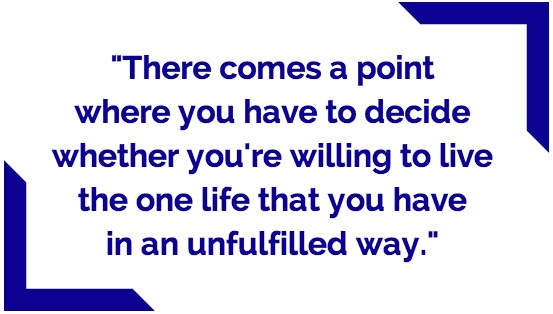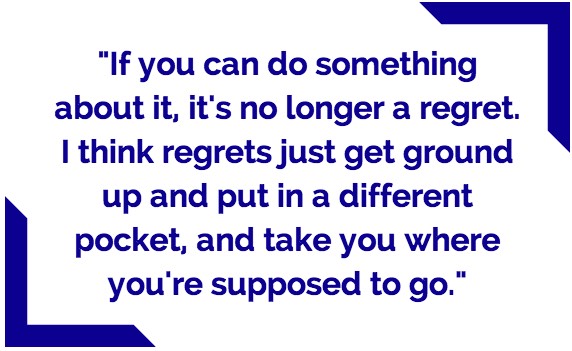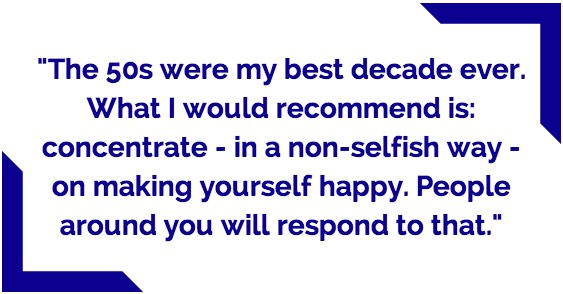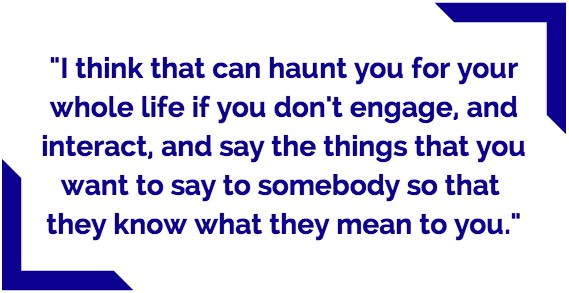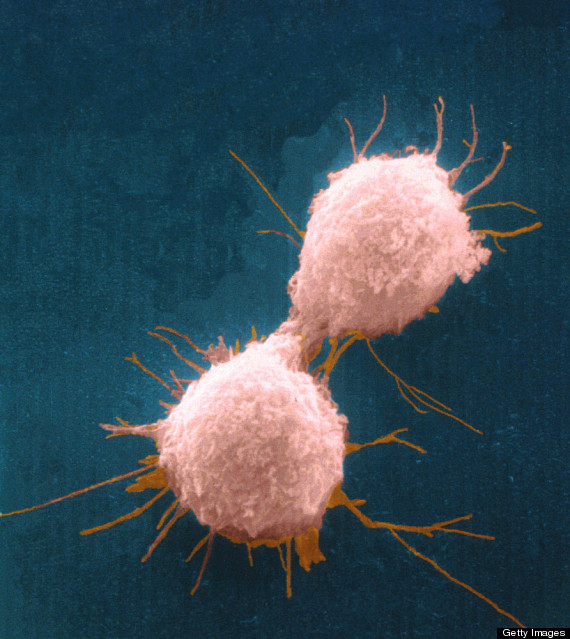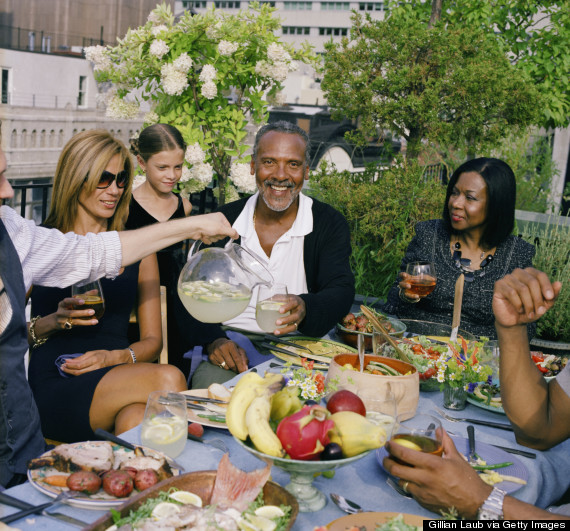
In the wake of a New York grand jury deciding not to indict police officer Daniel Pantaleo for the chokehold death of Eric Garner, racially diverse protests instantly erupted across the nation. White faces could be seen in swelling crowds from NYC and D.C., to Chicago, Boston, Philadelphia, Detroit and Denver. Their mouths covered with masking tape with the words “I can’t breathe” scrawled over it. The righteousness of racial solidarity burning in their eyes as they joined in chanting, “Black lives matter! Black lives matter! Black lives matter!” This is not to say that there were not White allies protesting over the Aug. 9 shooting death of 18-year-…
In the wake of a New York grand jury deciding not to indict police officer Daniel Pantaleo for the chokehold death of Eric Garner, racially diverse protests instantly erupted across the nation.
White faces could be seen in swelling crowds from NYC and D.C., to Chicago, Boston, Philadelphia, Detroit and Denver. Their mouths covered with masking tape with the words “I can’t breathe” scrawled over it. The righteousness of racial solidarity burning in their eyes as they joined in chanting, “Black lives matter! Black lives matter! Black lives matter!”
This is not to say that there were not White allies protesting over the Aug. 9 shooting death of 18-year-old Michael Brown. They were there shutting down the St. Louis Symphony with a haunting “Requiem for Mike Brown.” They were there disrupting a St. Louis Rams football game back in October.
There were even scattered throughout the crowd during the fiery protests that ensued after a grand jury declined to indict former Ferguson, Missouri, police officer Darren Wilson in Brown’s death. Allowing Wilson, who had just killed a teenager, to leave the scene, go wash Brown’s blood off of his hands and place his own gun into evidence is almost farcical — something one would expect from Shonda Rhimes’ How To Get Away With Murder, not the streets of America.
That did not stop MSNBC’s resident Republican Joe Scarborough from comparing Mike Brown to 17-year-old Trayvon Martin’s killer George Zimmerman, while his guest Donny Deutsch joined the ranks of liberal wild card Bill Maher in referring to the slain teen as a “thug.” The underlying message being: His death isn’t right, but it’s okay.
What has become quickly apparent in the days following the non-indictment of Pantaleo, however, is that there are some White people shocked at the scope of white privilege and how deeply the system of racism functions as a safe haven for bigots with badges. Unlike Wilson shooting of Brown, it is the rare White person who believed that Pantaleo, a man who has faced at least two civil rights lawsuits for violating the rights of African Americans, who boldly took down Garner, who was unarmed, using a chokehold that was banned in 1993 by then Police Commissioner Ray Kelly while the father of six gasped over and over and over again, “I can’t breathe,” would not face any consequences. Even after the New York City medical examiner’s office ruled Garner’s death a homicide, a grand jury decided that Pantaleo should not even have to stand trial. If we didn’t live in a nation where lynching was once the law that would be stunning.
Even FOX News’ Bill O’Reilly proclaimed himself “extremely troubled” by the grand jury’s decision, saying in his Talking Points segment, “[Eric Garner] did not deserve what happened to him. He did not deserve that.”
That’s when you know it’s real.
There are some White people, as evidenced by the likes of Maher, Scarborough, Charles Krauthammer and my Twitter timeline, who need to believe that had Mike Brown been a near-perfect victim, he’d still be alive. That belief exempts them from examining a system that privileges Whiteness over Blackness. It exempts them from grappling with their own racial biases. And it allows them to convince themselves that the execution of an unarmed teenager, whose body was allowed to lay exposed on the pavement for hours, his blood serving as a heart-wrenching lane divider, was an uneasy justice — unfortunate, but necessary nonetheless.
Let’s be clear: It does not matter if Mike Brown smoked weed. His life mattered. It doesn’t matter if he listened to gangsta rap. His life mattered. It does not matter that he was suspected of stealing cigarillos. His life mattered. The same system that ruled his life didn’t matter is the same system that ruled Eric Garner’s did not. Unfortunately, there are those White people who consider themselves advocates for social justice who don’t recognize the grave injustice of Mike Brown’s death, yet cry over the killing of Eric Garner. And those White people don’t get. They don’t get that there is no separation. The extrajudicial killing of unarmed Black people is never acceptable and being a perfect victim should not be the price of the ticket.
There are those Black people who have drawn the same comparisons between Michael Brown and Eric Garner. The nuanced difference here is that in most of these cases, they are not attempting to justify or excuse Brown’s death because he is suspected of scuffling with Wilson and suspected of shoplifting; rather they are pointing out the likelihood of a Black person being killed by a police officer in an encounter if they are not respectable. And that is not separate and apart from White supremacy, it is evidence of it.
All. Black. Lives. Matter. Not just the ones who make White America comfortable. And until we reach the point where that is recognized in a court of law, the racially harmonious protests currently sweeping the nation are just detours along a road full of dead, Black bodies deemed not worth the effort.
Link:
Supporting Only ‘Good’ Black Victims Won’t Dismantle White Supremacy























